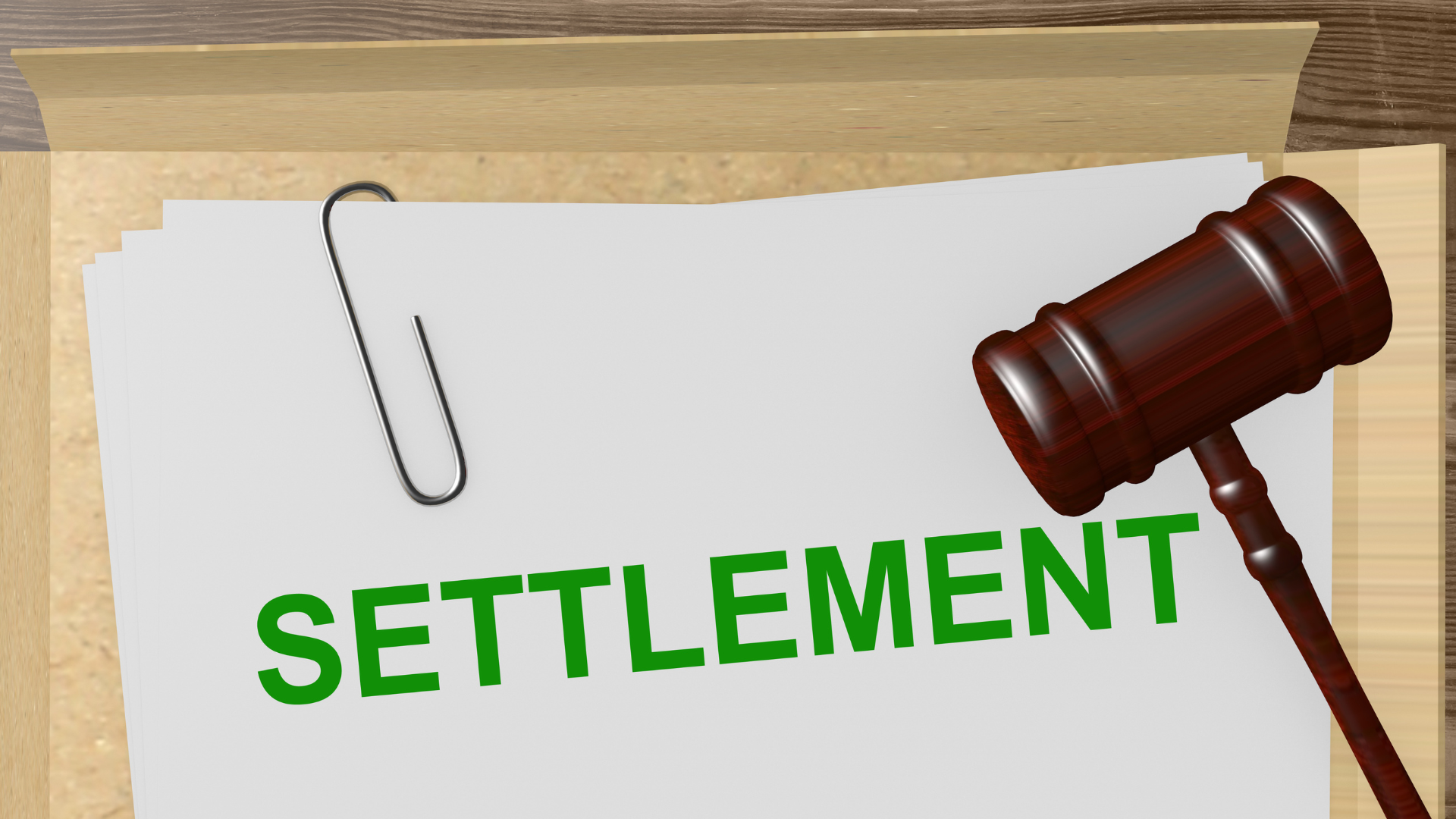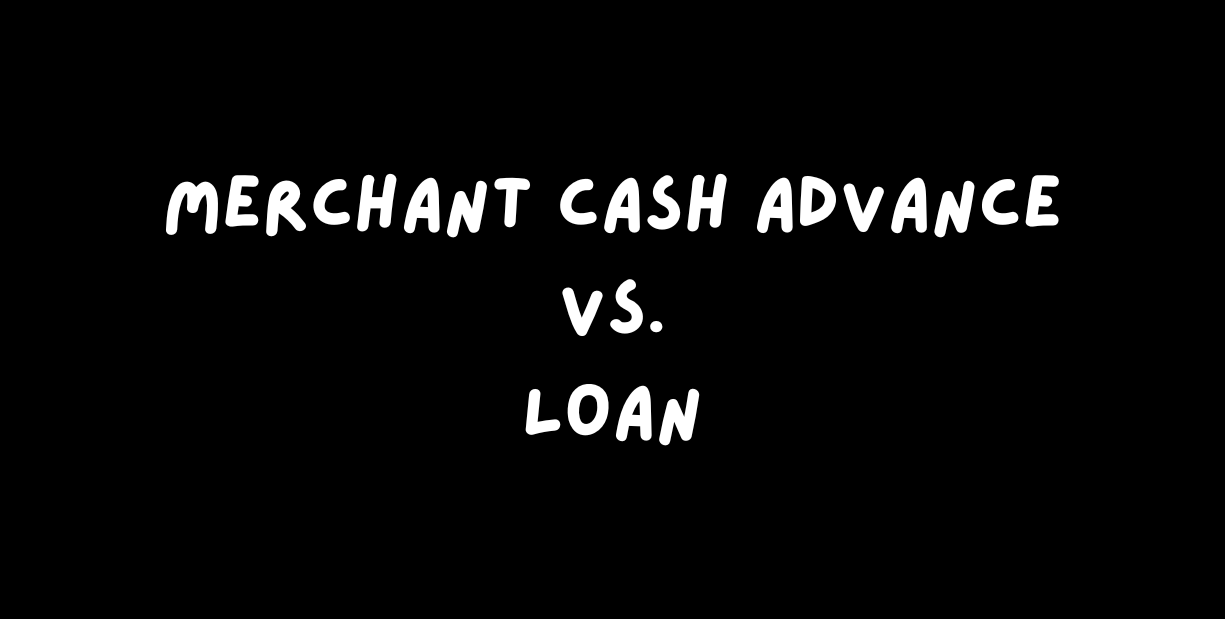What Happens If You Default on MCA Loans?
What Happens If You Default on MCA Loans?\

Merchant cash advances (MCAs) are marketed as fast and flexible funding options for small businesses. But behind the convenience lies a harsh reality: defaulting on an MCA can lead to severe legal and financial consequences.
If you’re behind on payments or being threatened by an MCA lender, it’s important to know your rights and your risks. This guide explains what happens after an MCA default, and what you can do about it.
What Is an MCA Default?
An MCA is not a traditional loan. Instead, it’s an agreement where you sell a portion of your future business revenue in exchange for a lump sum of cash.
Default typically occurs when:
- Your daily or weekly payments fail due to low bank balances
- You close or change your business bank account
- You violate other terms of the MCA agreement
Unlike loans, MCA agreements often contain aggressive clauses that allow lenders to move quickly if they believe you’ve breached the terms—even slightly.
Consequences of MCA Default
1. Immediate Account Debits or Freezes
MCA companies often hold an ACH authorization to withdraw funds daily. Upon default, they may:
- Attempt to sweep your bank account
- Drain all available funds
- Coordinate with the bank to freeze access
Some funders act without warning. Your account may be emptied or locked overnight, leaving you unable to pay employees or vendors.
2. Confession of Judgment (COJ)
Many MCA agreements, especially in New York, contain a confession of judgment. This clause allows the lender to file a judgment against you in court without a trial or notice.
Once entered, a COJ gives the lender the legal right to:
- Garnish accounts
- Seize assets
- Place liens on your business or personal property
While New York has restricted the use of COJs against residents, they’re still commonly used against out-of-state parties or filed in other states.
3. Lawsuits and Legal Action
If you default and no COJ applies, the MCA funder may still file a lawsuit. This can result in:
- A public court judgment
- Bank levies or garnishments
- Property seizures or liens
Defending yourself requires legal knowledge of contract law, usury statutes, and fraud defenses.
4. Aggressive Collection Tactics
MCA lenders are known for acting more like collection agencies than banks. After default, you might experience:
- Daily phone calls to you and your business
- Threats of criminal charges (usually baseless)
- Contacting your customers or vendors
- Harassment of family members (especially if there’s a personal guarantee)
These tactics may cross legal lines. A qualified attorney can intervene and protect your rights.
5. Damage to Credit and Reputation
Defaulting on an MCA can hurt your business credit. Some funders report to commercial bureaus. Others may post judgments publicly, hurting your reputation with suppliers or landlords.
Personal credit may also be impacted if you signed a personal guarantee, which is common in MCA contracts.
Can You Be Sued Personally?
Yes. Many MCA agreements include personal guarantees, meaning the lender can sue you as an individual, not just your business.
That means:
- Your personal bank accounts may be at risk
- You could face wage garnishment
- Your home or other personal property could become a target
This is one of the most dangerous aspects of MCA default, and why legal counsel is essential.
Can Bankruptcy Help?
In many cases, yes.
Depending on your business structure and situation, Chapter 11 (for businesses) or Chapter 7/13 (for individuals) may:
- Discharge or restructure MCA debt
- Stop lawsuits and garnishments through the automatic stay
- Eliminate personal liability on certain guarantees
Bankruptcy is a serious step, but for some, it’s the cleanest way out of a predatory debt trap.
How a Lawyer Can Help
If you’ve defaulted on an MCA or are about to, don’t wait for your accounts to be frozen or a judgment to hit.
An experienced MCA defense attorney can:
- Review your agreement for illegal terms or usury
- Challenge COJs or motions for judgment
- Negotiate fair settlements backed by legal leverage
- Protect your personal and business assets
- Help you explore bankruptcy or restructuring if needed
At J. Singer Law Group, we’ve helped business owners across New York fight back against MCA lenders and win.
Frequently Asked Questions
1. What is considered default in an MCA?
Default typically occurs when scheduled payments are missed, your bank balance falls below the required threshold, or you breach terms of the agreement.
2. Can an MCA lender take all my money?
Yes, if they have an ACH authorization or a judgment, they may legally attempt to sweep your account. A lawyer can help stop or reverse these actions.
3. Can I negotiate after default?
Yes, but negotiations are more successful when handled by an attorney. MCA companies take legal threats seriously.
4. What if I have multiple MCAs?
Stacked advances are common. An attorney can help coordinate a broader debt relief strategy to stop the cycle and regain control.
5. Can I go to jail for defaulting on an MCA?
No. MCA default is a civil, not criminal matter. Threats of jail time are often intimidation tactics and are not legally valid.
Take Action Before It’s Too Late
Defaulting on a merchant cash advance is more than missing a payment; it can trigger a chain reaction of lawsuits, seizures, and stress. But you have options.
At J. Singer Law Group, we help New York business owners fight back, defend their assets, and take back control of their finances.
Don’t wait for a judgment to hit.
If you're behind on an MCA or facing aggressive collection actions,
call J. Singer Law Group today. Speak with an experienced attorney who knows how to defend your business and protect your future.











